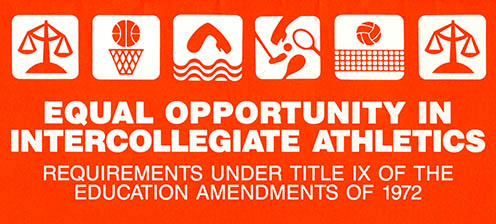The Impact of Title IX
Cultural changes precipitated by second-wave feminism boosted the popularity of women’s sports. However, opportunities and funding for men’s sports still far outweighed those for women. In 1972, Birch Bayh and Edith Green sponsored an amendment of the Education Acts that would ban discrimination based on sex in any program that receives federal funding. The amendment, known as “Title IX” was passed and signed into law by Richard Nixon. The amendment reads:
No person in the United States shall, on the basis of sex, be excluded from participation in, be denied the benefits of, or be subjected to discrimination under any education program or activity receiving federal financial assistance.
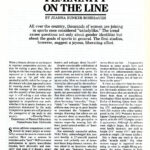
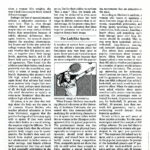



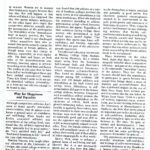
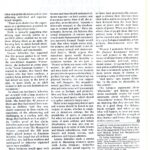
Though the amendment covers a wide range of programs, including the ways that sexual assault cases are handled in schools, one of the most far-reaching consequences was the addition of official women and girls’ sports teams to many high schools and universities across the country.


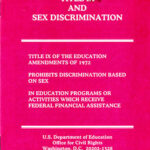
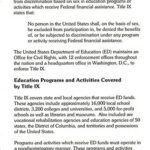



Without that legislation being passed, I don’t think many opportunities are out there for women.
Kelcey Roegiers, interviewed by Samantha Harvel, March 26, 2021
At Georgia State University, women’s basketball, soccer, tennis, and volleyball teams were added during the 1974-1975 school year. As recently as 2010, the championship-winning women’s beach volleyball team was added to GSU Athletics in order to maintain Title IX compliance after the addition of the football team.








My experience as a student athlete was good. I appreciate the opportunities that the sport of basketball has given me and continues to give me, and the doors that it has opened up for me.
Kelcey Roegiers, interviewed by Samantha Harvel, March 26, 2021




